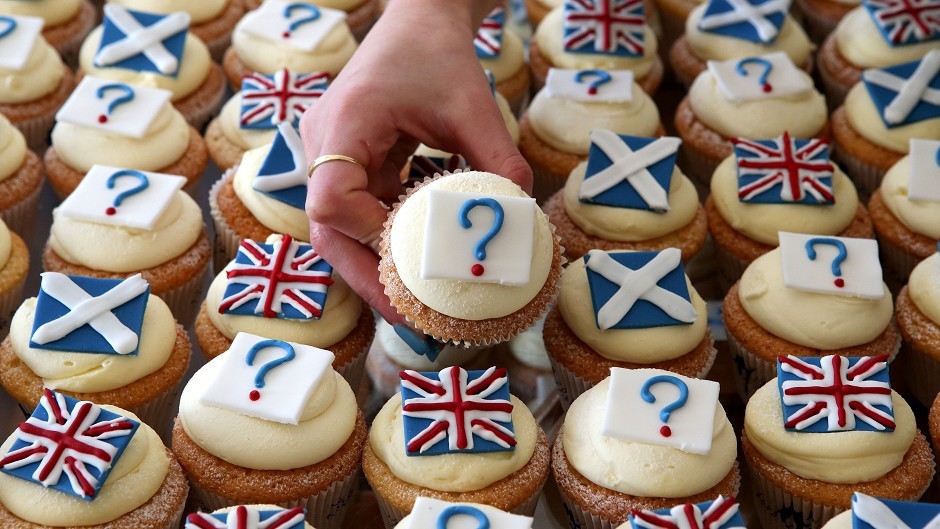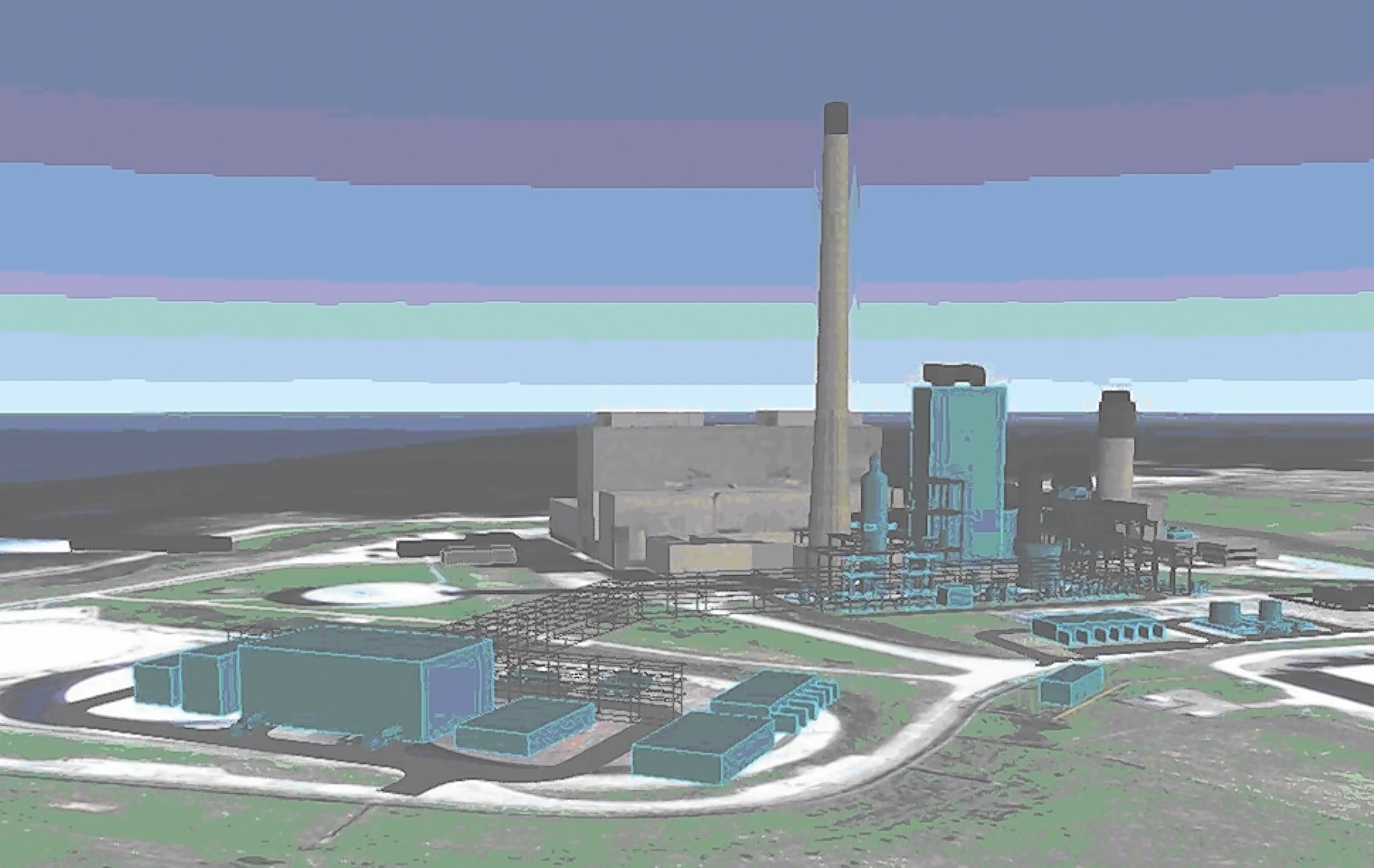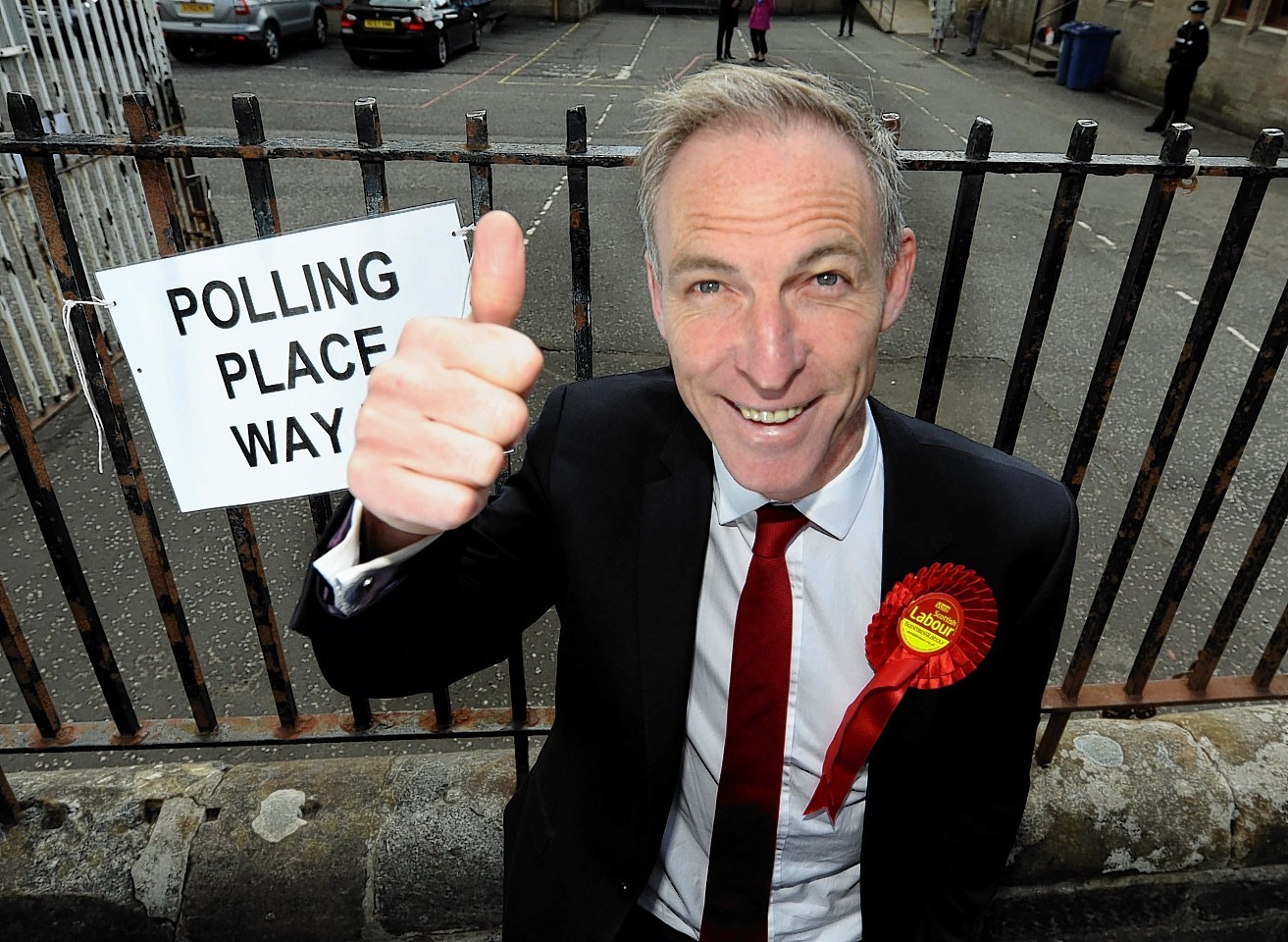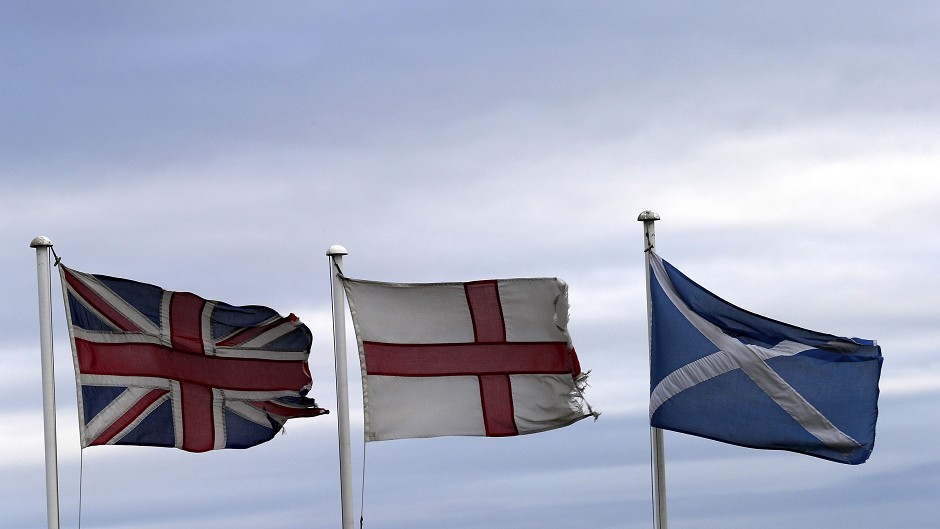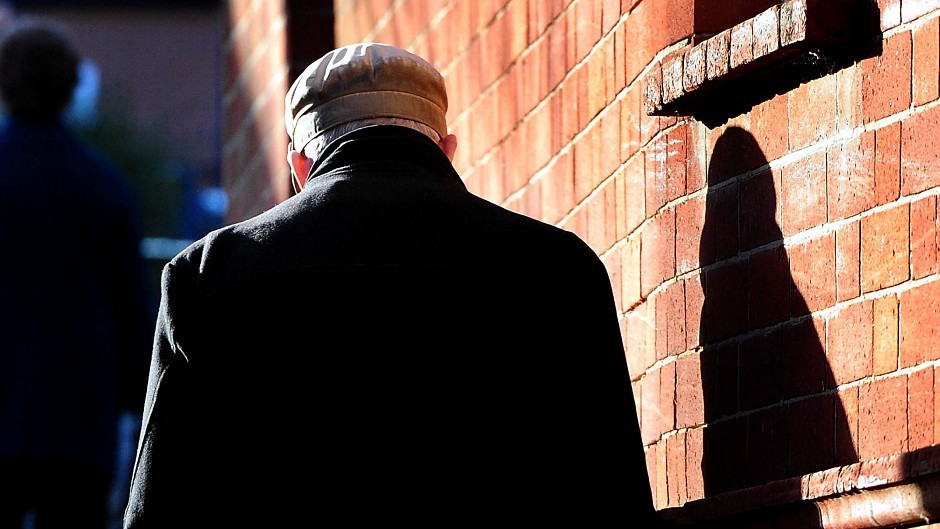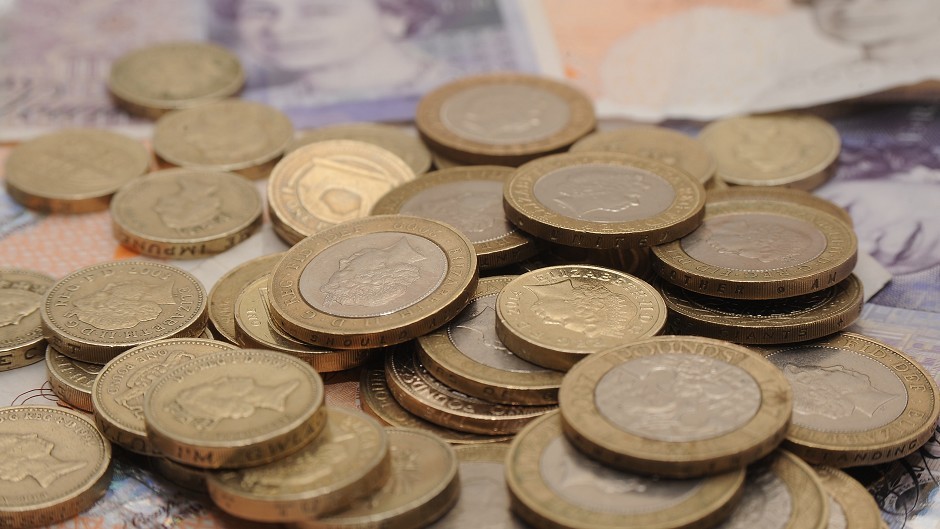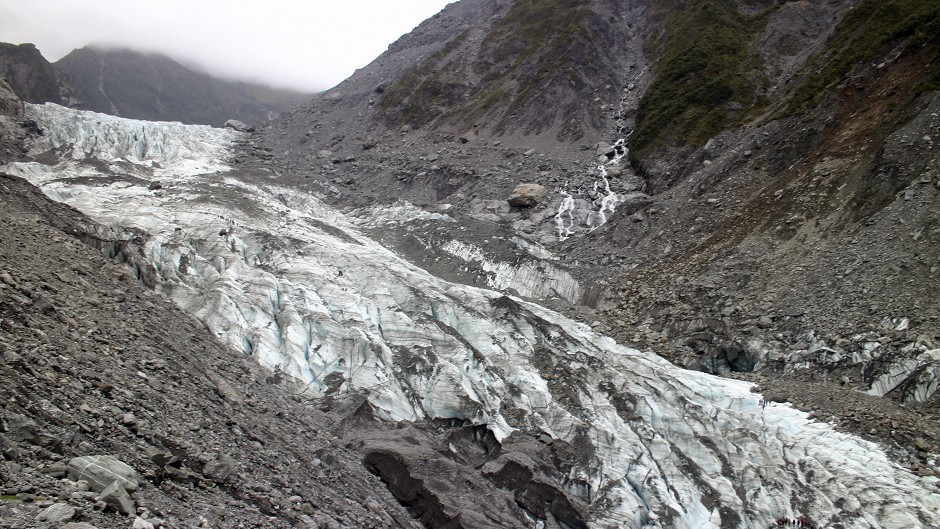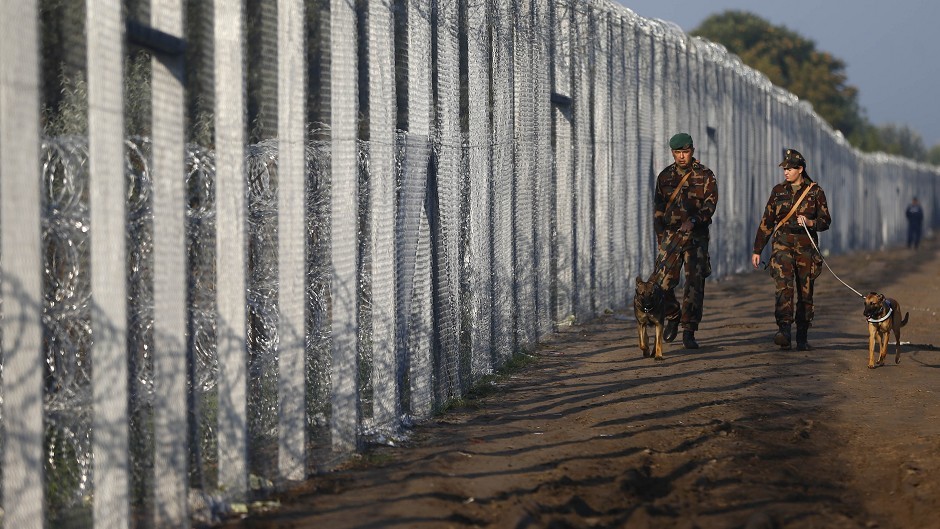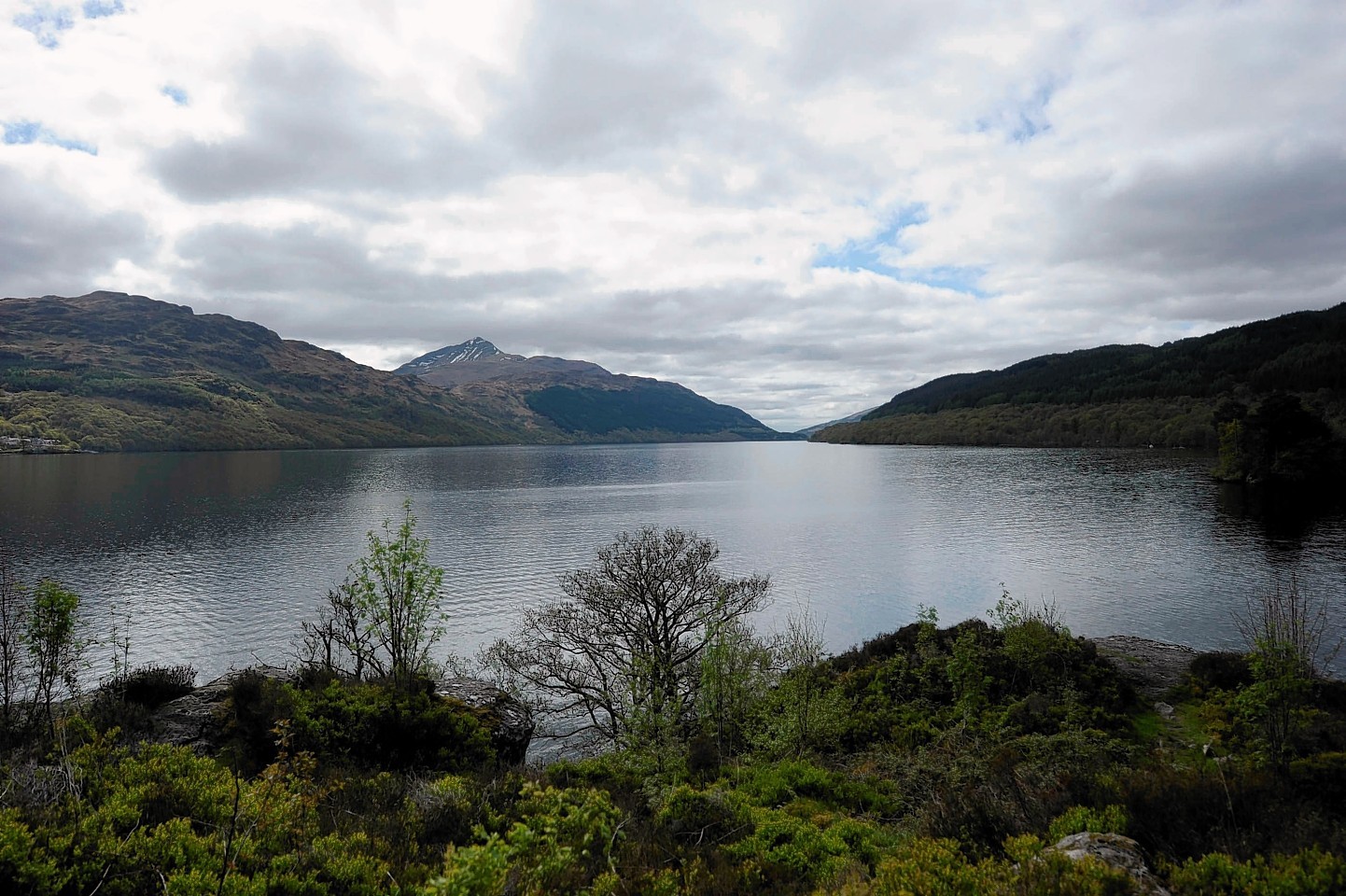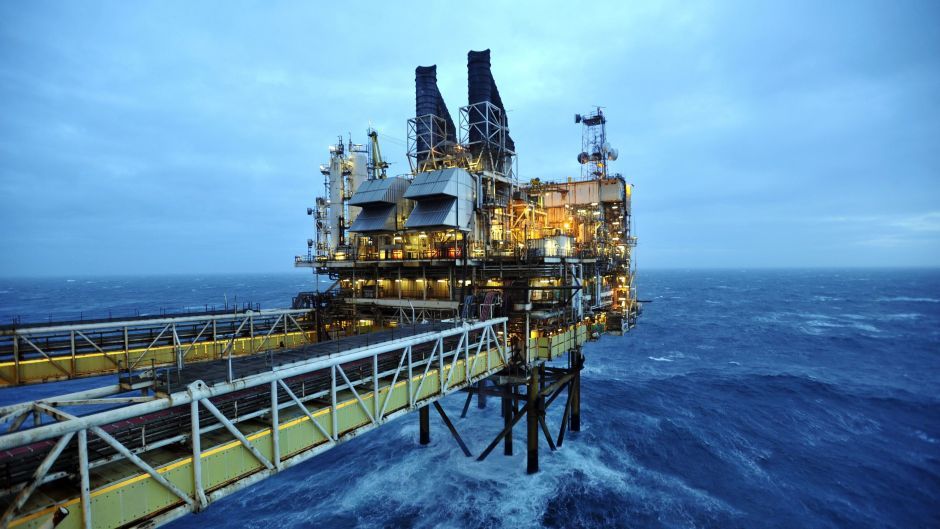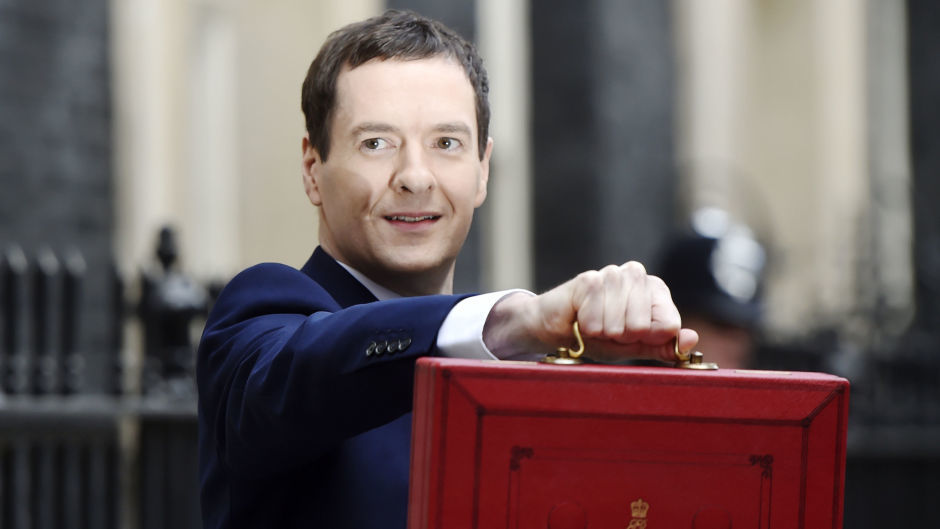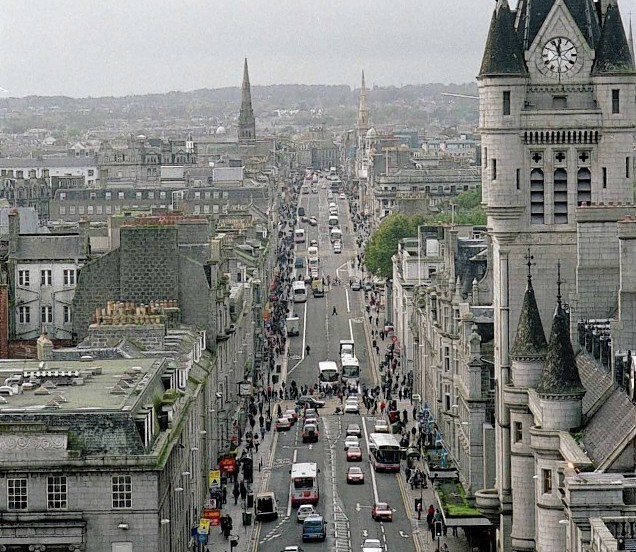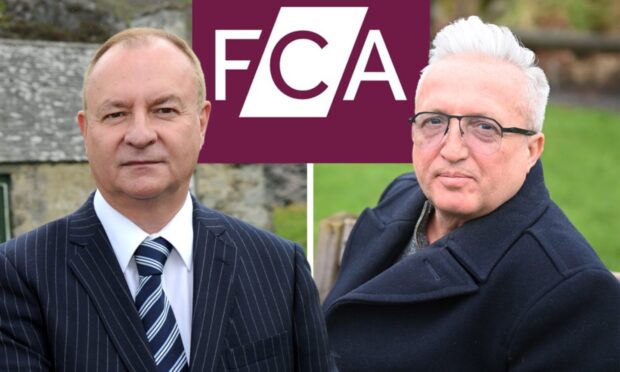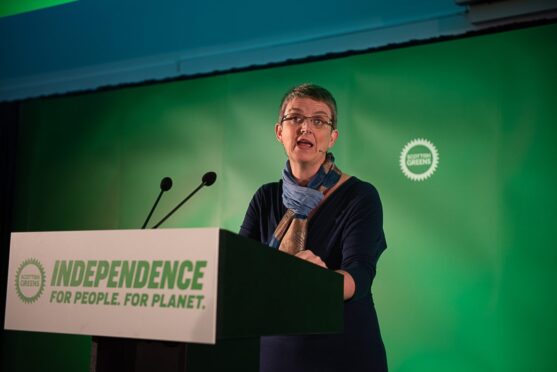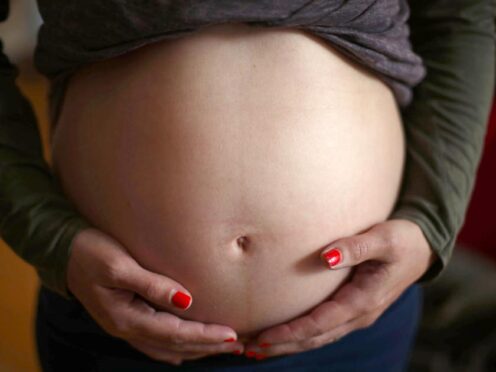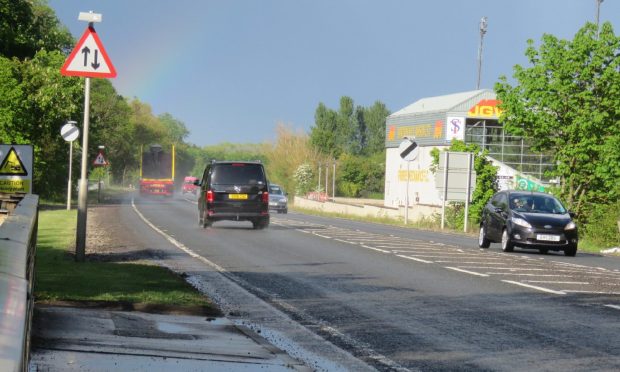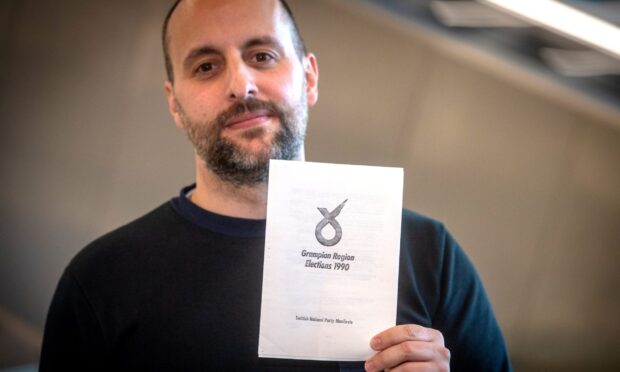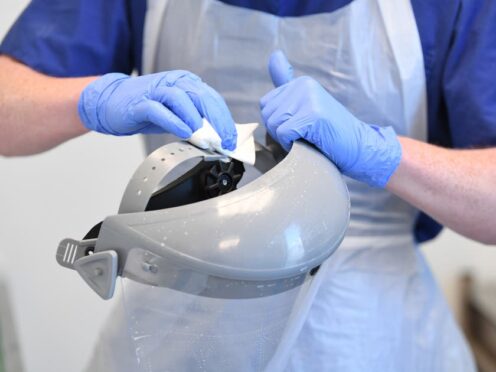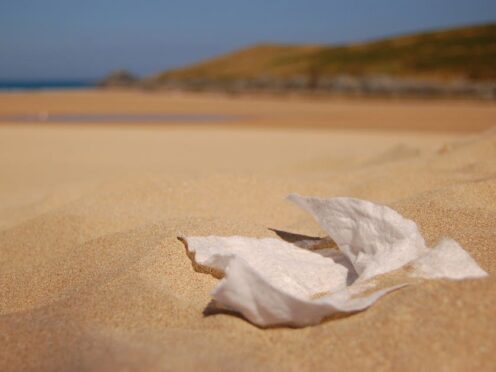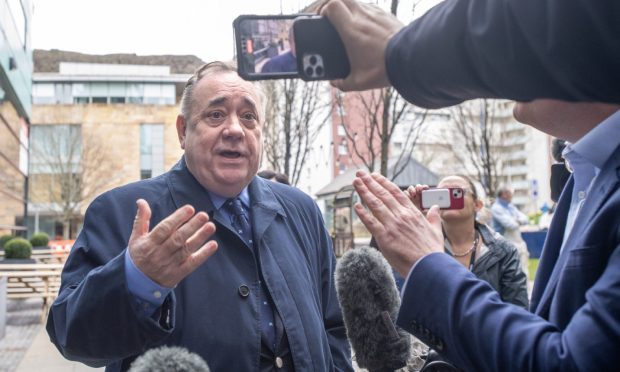The Scottish Government had earmarked March 24 as “independence day” if voters in the 2014 referendum had supported leaving the UK.
To mark the date, supporters of the Union published two separate studies looking at the financial consequences of a Yes vote.
Research by Europe Economics estimated the financial cost of independence to Scotland in the first year to be about £10.4 billion – with this made up from various factors such as a loss of UK Government funding, border control costs and government set-up costs.
However, Business for Scotland, a pro independence business forum, have highlighted some of what they call: “the key broken promises made by the No campaign to the people of Scotland:”
The following list was complied by the pro independence group. Not by the Press and Journal.
1. Renewables subsidies
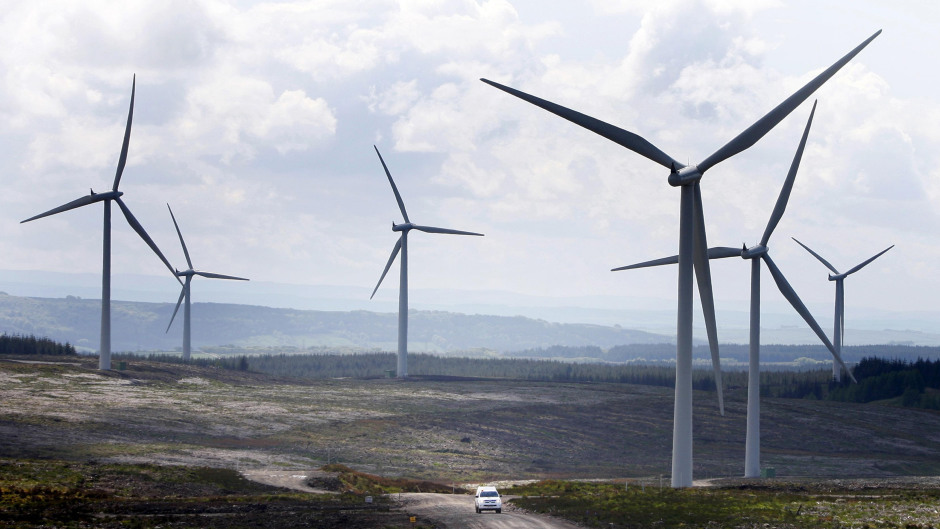
– Ed Davey, the then UK energy secretary, said: “Scotland could lose billions in renewable energy subsidies with a Yes vote and would put our green energy revolution at risk”. Davey claimed that 33 per cent of UK subsidies for wind, wave and tidal projects (£530m a year) came to Scotland and so independence would ‘slam the brakes on wind farm projects’. Now drastic cuts to the public funding of onshore wind-farms have been announced which Renewables Scotland claim could reduce Scotland’s economy by £3 billion.
2. Carbon capture
Davey also claimed the vital climate change project at Peterhead would be endangered as he signed a deal with Shell and Scottish and Southern Energy. However, after the referendum, Westminster pulled its promised £1bn of support and the project failed.
3. EU membership not secure.
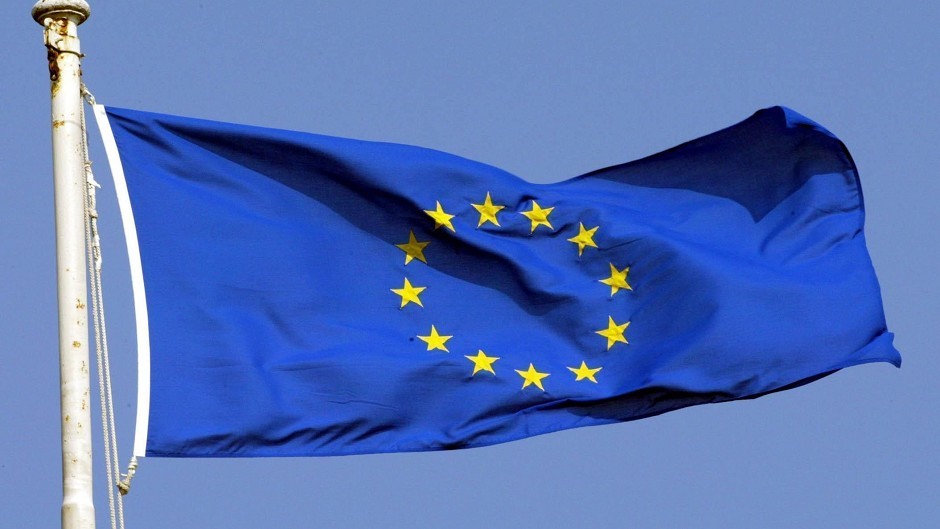
David Cameron claimed that the only way to protect Scotland’s EU membership was to reject independence. No campaign spokespeople parroted the phrase “EU membership only guaranteed with a No vote”. Now polls in England showing that the EU referendum is too close to call while 60 per cent of Scots plan to vote Stay. Right-wing, separatist, British nationalist and often racist, anti-European sentiment will now decide Scotland’s membership of the EU as Scottish votes will not be enough to influence the result unless England’s vote is within one per cent.
4. Labour’s majority promise
Labour who led the No Campaign claimed that not only would independence “consign the rest of the UK to permanent Tory rule” but that a Labour Government would sort out Scotland’s problems. Labour lost by a mile and the Tories won a majority.
5. Scotland should lead, not leave the UK
An almost perfect piece of political spin from both Gordon Brown and Johann Lamont but no one seemed to tell David Cameron. The day after the referendum Cameron announced English Votes for English Laws (Evel), effectively meaning no MP from a Scottish constituency can ever be prime minster of the UK and ipso facto can’t lead the UK.
6. Pensions not safer in UK
Gordon Brown warned that independence came with a pensions time-bomb. The UK Government backed that claim and now the pension age has increased for women, meaning some will lose out up to £30,000. UK Government policy since the referendum means that middle to high earners will be better off through their pensions but that low earners will bear the cost of pension reforms. A Scot earning around £15,000 with a working life of 30 years, could see their pension drop £1,800 per annum.
7. It was Scotland’s pound
Scots were told they could not continue to use the pound after independence. Denying claims that it was a political manoeuvre, the No Camp claimed that a currency union was unworkable. However, on STV’s Scotland Tonight Sir Mervyn King who ran the Bank of England for a decade said: “It would have been totally feasible, there was no need for an independent currency.”
8. Slower meaningless devolution
David Cameron claimed that “A No vote would lead to faster, fairer, safer and better change and that draft legislation for new powers for Scotland would be in place by January, 2015”. John Swinney tells us that almost every concession for more powers in the watered down Smith Commission document had at least one Unionist party trying to block it. Scots now also know that the Westminster negotiators tried to use the Scotland Bill fiscal agreement talks to cut Scotland’s budget by £7bn over ten years.
9. Uncertainty was a myth
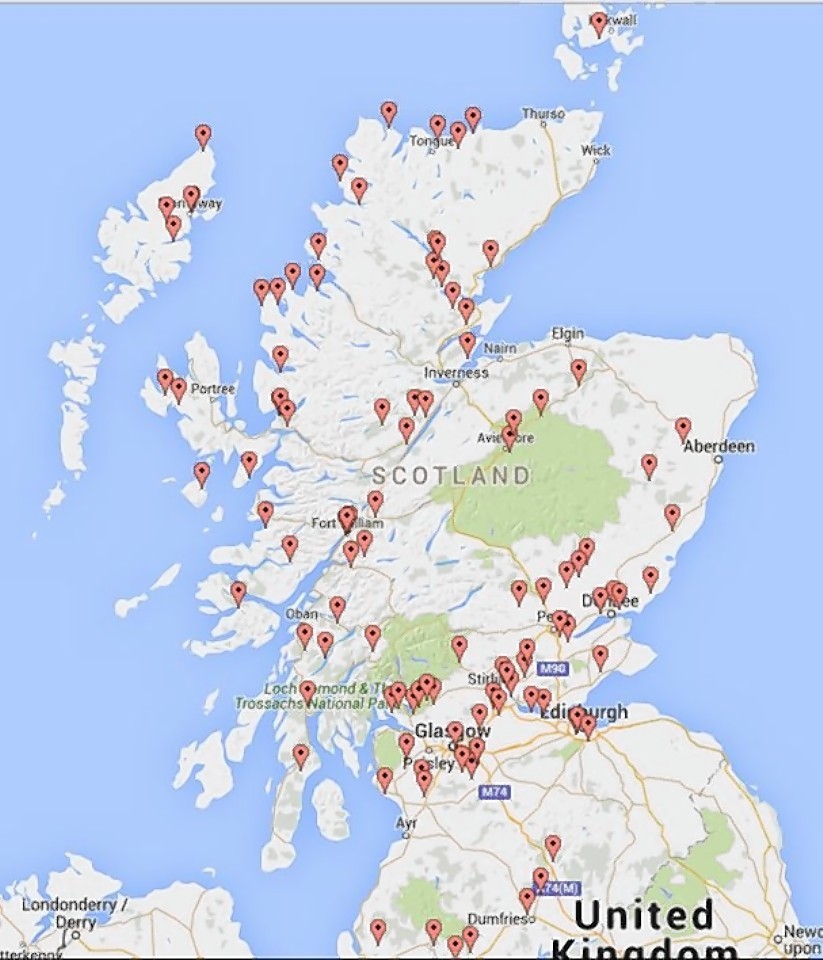
David Cameron claimed inward investors had told him they wouldn’t invest in Scotland until after the referendum due to uncertainty but 2014/15 turned out to be a record year for Scottish inward investment, the number of projects increased by 17% to 91 between April 2014 and March 2015.
10. Job losses
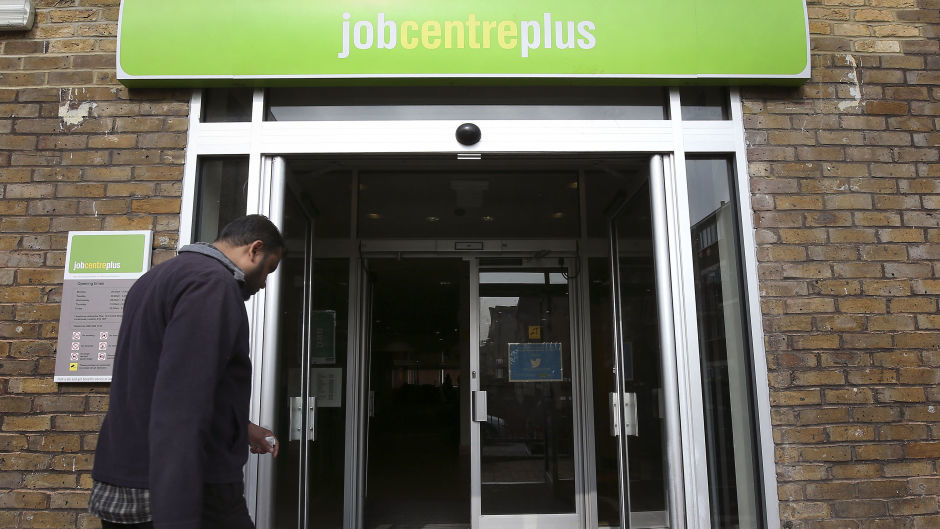
the No camp claimed that the Scottish HMRC tax offices would close and many jobs would be lost as they also collect taxes for England. Since the referendum it has been announced that 2,500 HMRC jobs in Scotland are to go. Again Better Together teamed up with steel workers’ union Community to claim that a No vote would protect steel jobs, but now 270 steel jobs have gone in Scotland.
11. Border controls
Former Scottish Secretary Alistair Carmichael launched a UK government report entitled Borders and Citizenship claiming that Scotland would have to have a manned border with England after independence. This was backed up by Ed Miliband claiming new members of the EU must accept free travel. Ireland has a pre existing free travel agreement with the UK which as well as being an EU member also has an opt out of Shengen. If the UK leaves the EU, Ireland would no longer have an automatic opt-out, but recently Boris Johnson claimed that a Brexit would mean no change to the current open borders agreement with Ireland.
12. Defence
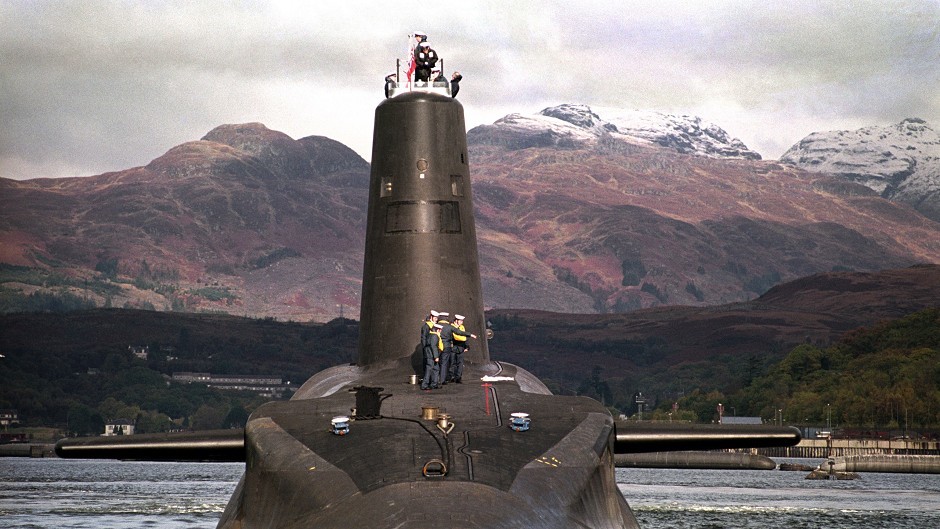
the MoD announced 13 Type 26 frigates with Defence Secretary Michael Fallon making it clear that the investment was conditional on Scots rejecting independence. In the end the order looks like being just 8 ships as the money is needed to pay for new nuclear weapons.
13. Tourism
the No camp claimed Scottish tourism was being damaged by the referendum, and specifically that UK interest in travel to Scotland was down by 29%. Yet figures for 2014/15 show Scotland had a record tourism year with a 9% increase in holiday trips and 41% increase in business trips.
14. Oil
Scots were told that they couldn’t have a sovereign oil fund as it wouldn’t be viable whilst running a deficit, but then Westminster announced that the North East of England could have a Fracking Fund to make sure the local communities benefit from their oil wealth.
15. Corporation Tax cuts
were labelled unhealthy and a “race to the bottom” and Scotland was told the tax couldn’t be devolved to Holyrood, but it was devolved to Northern Ireland and in last week’s budget the Chancellor George Osborne announced Corporation Tax cuts.
16. Big business

Scots were told that the big financial institutions would leave Scotland with a Yes Vote – it turned out they would just reregister but keep all the jobs here and that would have destroyed the bank bail out myth, but now Scottish Widows has relocated anyway and ironically HSBC is threatening to leave and move their European HQ to Paris if there is a Brexit.
17. Aberdeen
The “broad shoulders of the Union” have let down Aberdeen, which received more financial support from the Scottish government than from Westminster
